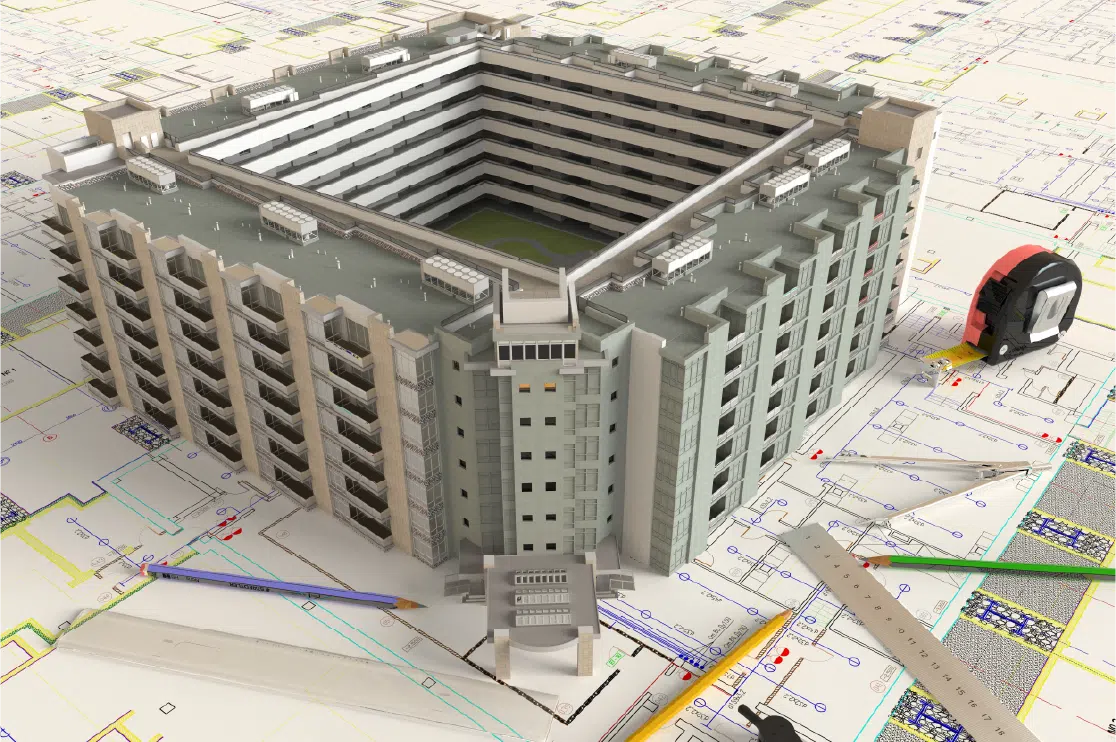Hurricane Katrina – Five Years Later: Gulf Coast Building Codes Still Inadequate
Lewes, DE, August 19, 2010 : Five years after Hurricane Katrina, building codes along the Gulf Coast today are, for the most part, inadequate, according to a report from the Institute for Business & Home Safety (IBHS).
When Hurricane Katrina made landfall on Aug. 29, 2005, it caused an estimated $41.1 billion in insured losses across six states, and took an incalculable economic and social toll on many communities. Five years later, the recovery continues and some residents in the most severely affected states of Alabama, Louisiana and Mississippi are still struggling.
Wanda Edwards, IBHS’ director of code development, analyzed the quality of building codes in Louisiana, Alabama and Mississippi, with a particular emphasis on progress since Katrina. “Building codes along the Gulf Coast today are mostly disappointing, with only Louisiana getting high marks for taking proactive steps to adopt a statewide building code,” Edwards said.
“Five Years Later – Are We Better Prepared?” details IBHS’ analysis of pre- and post-Katrina building codes in Louisiana, Alabama and Mississippi. Key findings include:
-
Louisiana adopted a statewide code, but the state has struggled financially to staff and manage building inspection departments. Design professionals, contractors and subcontractors are still in the process of learning the new code and altering their construction practices in order to comply. Reports from code officials indicate it is a challenge to find qualified people to fill the role of inspectors.
-
Seven of Mississippi’s 82 counties are required to enforce the wind and flood requirements of the 2003 International Building Code (IBC) and 2003 International Residential Code (IRC). In 2006, lawmakers created the Mississippi Building Code Council. After some initial progress, the push for statewide building code adoption met with significant opposition, which led to several unsuccessful legislative efforts.
-
Alabama has failed to adopt strong building codes statewide despite widespread damage from Hurricane Katrina. The limited building code requirements that do exist are governed by the Alabama Building Commission which requires state-owned buildings, hotels and motels, and movie theaters to follow the 2006 IBC. Individual cities are not prohibited from adopting modern codes, but adoption and enforcement is voluntary. There have been numerous unsuccessful attempts in the Alabama Legislature to pass bills that would create a statewide code.
In 2009, Alabama passed a law requiring Alabama-admitted insurance companies to provide an insurance premium reduction to owners who build, rebuild or retrofit their homes in accordance with specified standards to better withstand hurricanes and other catastrophic windstorm events. Among these standards is the IBHS FORTIFIED for Safer Living® and FORTIFIED for Existing Homes™programs, which employ code-plus design guidelines and retrofit measures for bringing existing homes in line with modern building codes.
Homes built to modern codes are much less likely to be damaged during a hurricane, according to an IBHS study conducted in Charlotte County, Fla., where Hurricane Charley made landfall in 2004. The results from this study show that homes built to modern, well-enforced codes were 60 percent less likely to incur hurricane-related damage than homes constructed before the codes were adopted. The study also revealed that if damage did occur, it was likely to be 42 percent less severe. Furthermore, based on the analysis of additional living expense records, the strong building code requirements in place in Florida allowed homeowners to return to their houses more quickly and likely reduced the disruption of their daily lives.
“Modern building codes have been proven time and again to result in better performance for homes and businesses,” Edwards said. “States like Alabama and Mississippi must learn from their history of repeated hurricane exposures and do more to protect their citizens.”
Sources: Institute for Business & Home Safety (IBHS) & www.DisasterSafety.org
Tim Johnson
Strategic Sourcing & Business Development Manager
BluEntCAD | 832-476-8459
Featured Insights
Discover latest updates, trends, expert blogs, and game-changing insights for AEC industry.
Stay ahead and supercharge your strategy with our vibrant, curated information hub. Read Now.
 BIM for Data Centers: Building Future-Ready, Scalable, High-Performance Facilities
BIM for Data Centers: Building Future-Ready, Scalable, High-Performance Facilities Professional 3D Living Room Visualization: 6 Ways BluEnt Helps Interior Designers Win Client Approvals
Professional 3D Living Room Visualization: 6 Ways BluEnt Helps Interior Designers Win Client Approvals BIM 2.0: How BIM Is Shifting from Models to Decisions?
BIM 2.0: How BIM Is Shifting from Models to Decisions? Architecture Industry Outlook: CAD 2025 Report Card & 2026 Trend Radar
Architecture Industry Outlook: CAD 2025 Report Card & 2026 Trend Radar




























